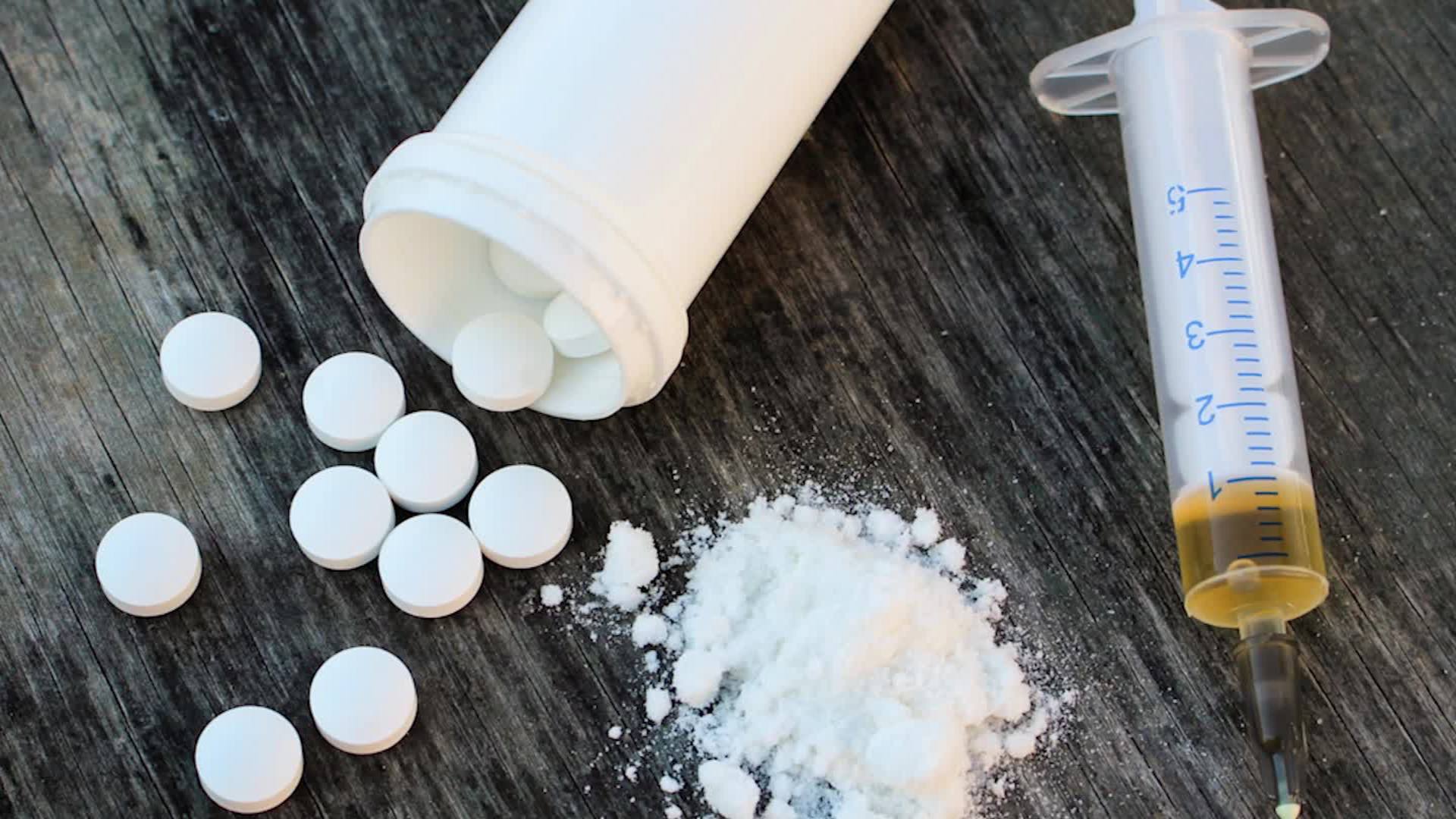
The Program of Outcomes Research on Treatment with Injectables for Addiction (PORTIA) is the latest study in a long-term program of research that is developing evidence-based overdose prevention strategies and helping address the opioid crisis, led by CHÉOS Scientist Dr. Eugenia Oviedo-Joekes. The current study, with co-investigators that include Drs. Nick Bansback and Martin Schechter, is continuing research into the use of injectable opioid agonist treatment (iOAT) as treatment for opioid use disorder. In 2018, PORTIA was awarded 3 years of funding through the CIHR Project Grant competition.
Earlier studies involving members of PORTIA’s research team, the North American Opiate Medication Initative (NAOMI), The Study to Assess Long-term Opioid Maintenance Effectiveness (SALOME) and its secondary analyses, and Research on the Use of Therapeutic Hydromorphone (RUTH), showed that injectable opioids like diacetylmorphine (DAM), the active ingredient in heroin, and hydromorphone (HDM), the licensed pain medication commonly known as Dilaudid, are effective at attracting and retaining individuals in treatment that have been unsuccessful with methadone. While diacetylmorphine has been trialed worldwide, the studies led by Dr. Oviedo-Joekes are unique as the only research that has investigated hydromorphone as part of iOAT. From an implementation perspective, hydromorphone is preferential to diacetylmorphine because, as a licenced treatment, it bypasses the regulatory and logistical challenges that come with prescribing pharmaceutical-grade heroin. Not only effective, a cost-effectiveness analysis of SALOME led by Dr. Bansback found that, for patients with severe opioid use disorder, iOAT could provide more benefit and be cost-saving because of reductions in criminal involvement and health care costs.
PORTIA will take place over a 24-month period and participants will receive treatment (either HDM or DAM) as part of regular programs, not a clinical trial. With feasibility and implementation in mind, the study will not focus on iOAT provision directly but on the patients receiving treatment at a number of new and existing facilities. By considering both patient and provider factors, PORTIA will inform how injectable treatment can be scaled-up into effective and affordable services.
More information about PORTIA is available here.



